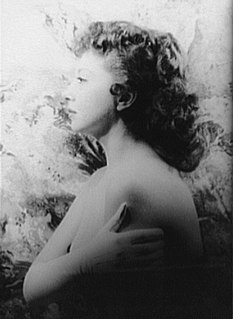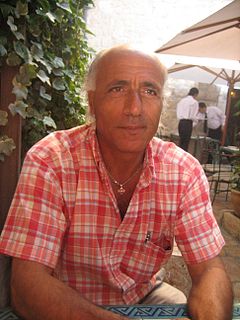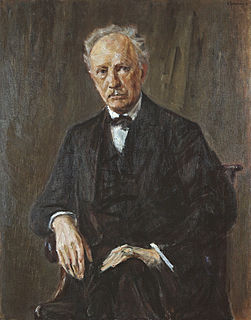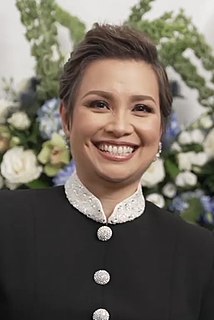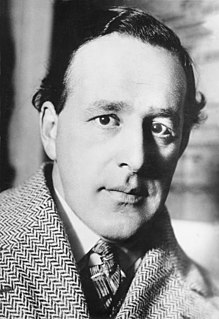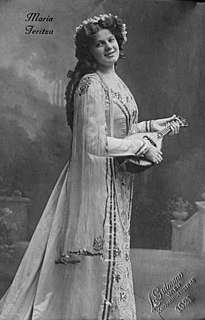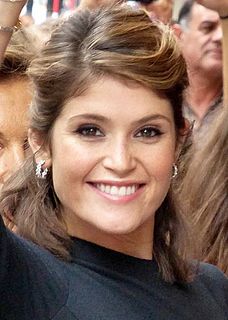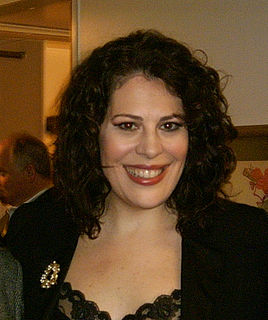A Quote by Beverly Sills
I never breathe through the nose, not when I'm singing. In the opera, you don't have so much time. That's fine at the beginning of an opera or after somebody else has been doing an aria, and you want to get a good fresh start.
Related Quotes
I love singing opera, but the world surrounding it is not me. I want to be barefoot. I want to be in control of my own career. I want to put on a show. In the opera world, you wait for people to call you until you get to a certain level. In the folk world, it's a lot easier to have control from the beginning.
The nice thing about doing a pop opera - in the way that doing, say, 'Miss Saigon' or 'Les Miz' would be - is that, because the convention is set from the beginning that this is an opera and everything is sung, there is never that feeling of 'Why is this person bursting out into song?' because the whole thing is sung.
I have never called myself an opera singer. Other people do, but I always call myself a classical singer. I'd love to do opera, but I'm still too young and I don't want to do it until I'm ready. I realise that when I do that it's going to be... up for discussion, shall we say, so I want to get it right.
I've always loved opera; it never occurred to me that I would write a proper libretto. One of my closest friends is a composer, Paul Moravec, and a few years ago, Paul and I were at lunch, and I said to him, "you really have to write an opera." So, he says very casually to me, "I'll do it if you write the libretto." Well, little did I know that the within a couple of years we would end up getting a commission from the Santa Fe Opera to write an opera together, "The Letter," which turned out to be the most successful commissioned opera in the history of the Santa Fe Opera.
